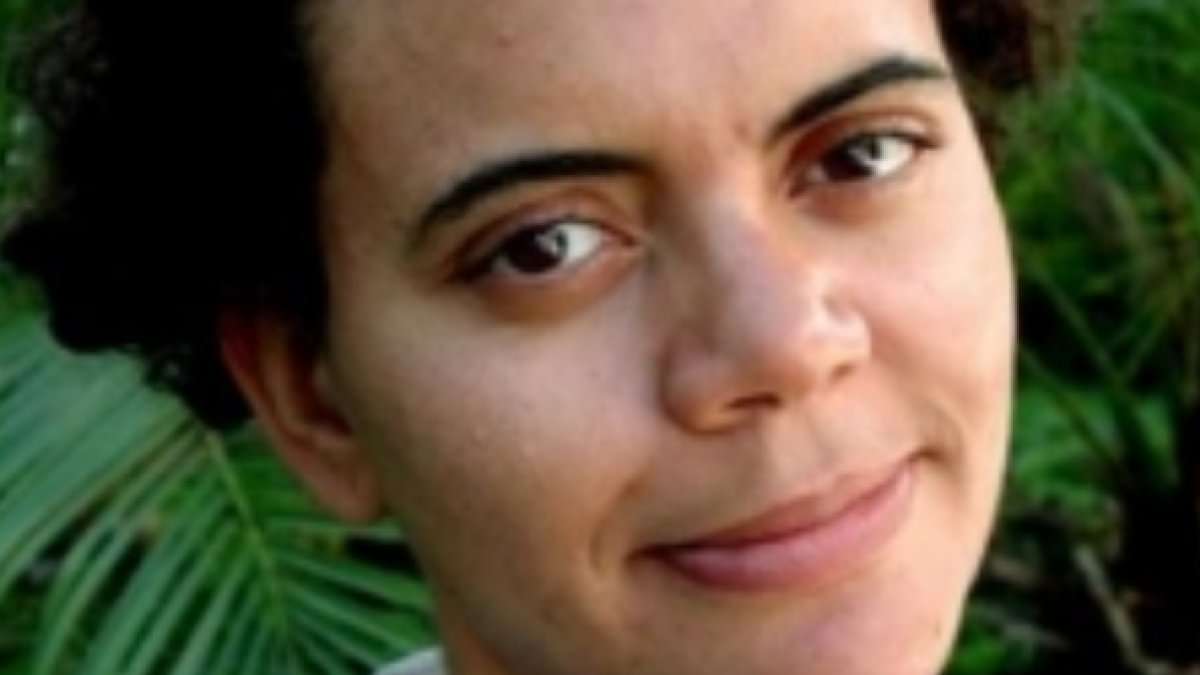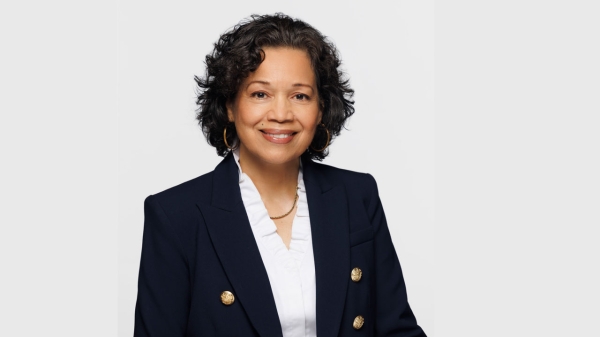ASU expert discusses converging crises in America

ASU Professor of Practice Candace Rondeaux.
Amidst a global pandemic, the death of George Floyd and the Black Lives Matter movement have increased the awareness of issues surrounding police brutality and systemic racism in America. As these crises converge, questions about the fragility of the United States have arisen.
When Western countries like the United States show vulnerability, who comes to their aid? Will humanitarian groups turn their attention toward social justice issues in countries that previously weren’t even considered?
On June 18, Arizona State University School of Politics and Global Studies Professor of Practice Candace Rondeaux participated in a virtual event titled “When the West falls into crisis” to discuss some of these questions.
After the New Humanitarian-sponsored webinar, she followed up with ASU Now to discuss some of the topics covered: Rondeaux, who is also a senior fellow with the Center on the Future of War and New America, has a long history of journalistic work on international security affairs as well as conflict and violence. She currently teaches for Arizona State University's online MA in global security.
Question: In the webinar you touched on the idea that money can change some things but power can change everything. How might companies, nonprofits and other institutions use their power to bring about change?
Answer: Substantial and sustainable change will require institutions, organizations and leaders who want to be responsive in this moment to rethink what is meant by change. Instead of token, one-off hires for this or that position, give people from diverse backgrounds titles, authorities and salaries that force others to pay attention. Promote agency and empower people you want to see leading and influencing change by getting out of the way. Remove barriers to entry like unpaid internships. Stop privileging high-level degrees over real-world work and life experience. All that is going to be key, especially in academia and in international and humanitarian affairs where diversity at the leadership level is sorely lacking.
Q: You also discussed the idea of taking a “sledgehammer” to various structure systems like the International Monetary Fund and the World Bank. It was a topic that a number of other panelists also touched on. How would you envision that?
A: In the context of crisis response, humanitarian assistance and international security, it is going to mean challenging every aspect of the liberal world order and the exceptionalism that has defined the last 70 years. The Washington consensus on what stimulates economic growth and what makes free-market economies dynamic is based on outmoded models that reinforce capital concentration in too few hands. For many IMF and World Bank beneficiaries, a wholesale reset is in order on debt forgiveness, tech and knowledge transfer and aid distribution. Instead we need to see partnered investment in renewable energy and natural resource stewardship. We need to see more accountability for multinationals and better management of foreign direct investment.
Q: The topics of language and narrative in America surrounding things like racial injustice, voting fraud and police brutality were brought up often. As someone who frequently writes about topics like these — especially internationally — do you see a difference in the language used when reflecting about the United States?
A: We are not used to thinking or talking about the United States as a fragile state or failing state, but now suddenly American headlines read a lot like what you might see in a place like Afghanistan, Iraq or Libya. “Unregulated militias,” “state terror,” “public health catastrophe,” “leadership vacuum,” “ethnic and racially tinged clashes,” “creeping authoritarianism,” these are the watchwords of state fragility and failure to people like myself but now we are seeing them crop up in reference to the United States. That’s probably surprising for some but for Black Americans like myself these are everyday watchwords of growing up here.
Q: What are some of the pitfalls this country faces, and how might the U.S. avoid the risk of becoming a failed state?
A: The biggest risk facing the United States is the very real prospect of a disputed outcome in the presidential elections in November and an outbreak of violence as a result. We have to anticipate that mail-in ballots and constraints imposed on election day voting due to the pandemic will mean more time is needed for counting the results. We have to anticipate that no matter who wins, some who feel that they have lost because their candidate lost may contemplate violent action. If there is violence, there is also a risk of an overreaction by political, police and military leaders. We have to assume at least parts of this scenario are inevitable and we have to call on leaders across the country to get out in front of it.
More Law, journalism and politics

CBS News president to give keynote address at Cronkite School’s spring convocation
Ingrid Ciprián-Matthews, president of CBS News, will serve as the keynote speaker at Arizona State University’s Walter Cronkite…

School of Politics and Global Studies director's new book explores mass violence
Why do people commit atrocities and why are certain groups, including religious and ethnic, more vulnerable to large-scale…

ASU faculty contributing to improvement of Wikipedia
Many academics have a love-hate relationship with Wikipedia. While the website has information about almost anything you can…